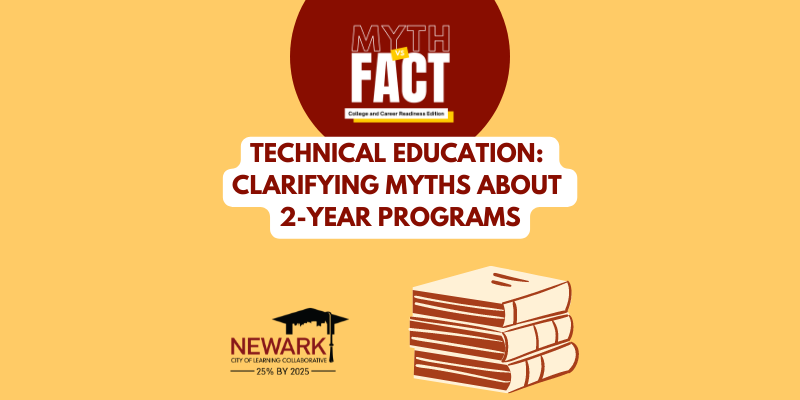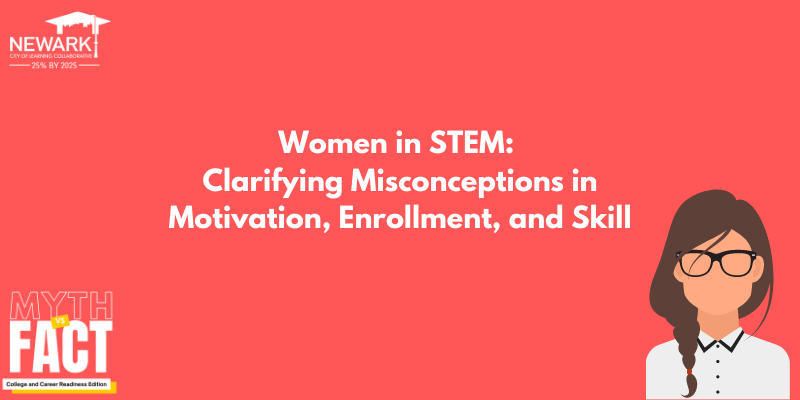
by Nasir Ismail | Mar 4, 2022 | Blog, Myth vs. Fact, Resources
What happens on the internet… stays on the internet.
Social networking accounts are digital identities, and every time an account creates a post, it essentially leaves its digital signature with it. A lot of people neglect this fact about social media and are irresponsible with the posts they publish, which has led to serious repercussions in many cases.
What if my account is private?
Even information from a private social media account can become public if someone takes a screenshot or recording of one of its posts and shares it publicly online. Having a private account can also restrict people from seeing beneficial information, like your portfolio. So always be mindful about what you post, regardless of your privacy preferences.
Who is checking, anyway?
Some colleges have admissions teams solely devoted to checking students’ social media pages. Everything and anything that you post can be traced back to you! The internet works in mysterious ways, but it is becoming easier to navigate every day. For example, even if you don’t have your name listed on your profiles, admissions counselors can utilize cross-referencing measures to verify you identity.
What can I do to avoid this?
It’s never too late to delete old posts that you think may come back to haunt you, but you cannot guarantee that someone else has not saved or screenshotted them. Be responsible, and be careful what you say online! A general rule of thumb for posts: if you don’t want a parent or employer to read or see it, you definitely wouldn’t want an admissions counselor to read or see it either!

by Nasir Ismail | Mar 4, 2022 | Blog, Myth vs. Fact, Resources
What’s there to do after high school?
Many people believe that the only option to ensure a secure, financially independent future is by completing a four-year Bachelor’s degree program. Not only is this false, but claims like these undermine the importance of vocational jobs and the credibility of associate’s degrees!
Myth:
Four-year college is the only type of secondary education that matters.
While colleges may provide you exposure to new ideas, paths, and schools of thought, if you believe your career won’t require a four-year degree, then pursue a credential in something else!
Fact:
There is real value in two-year degrees, credentials, and certificates! Transferring is not necessary for all students. (https://toandthrough.uchicago.edu/mythbusters)
For example, if you love to cut or style hair, it would be wise to enroll in a vocational barber program to obtain licensure, rather than a bachelor’s program in an unrelated field. That way, you can gain the credentials/license you’ll need to follow your passion and level-up your career! 📝
Trade school and 2-year programs often lead people who complete them to immediate employment after graduation. These programs often provide very specific job training, putting more weight on the practical aspects of education. The Bureau of Labor Statistics reports that Construction, Healthcare, and Personal Care will account for more than 30% of new jobs through 2022!
Furthermore, the US Department of Education reported that people with technical educations are more likely to be employed, and significantly more likely to be working in their desired fields than their academic counterparts.
So if a quick route to a practical, well-paying job is what you’re looking for, or if you’re passionate about a certain skill that you have that you’d like to develop and use to earn a living, then a two-year program is the right one for you!

by Nasir Ismail | Mar 4, 2022 | Blog, Myth vs. Fact, Resources
Understanding Equal Opportunity for Women
Historical attitudes in the United States have unfortunately served to spread false gender stereotypes. Gender stereotypes negatively impact the opportunities of our country’s women. These attitudes lead people to believe that women can not accomplish the same things that men can–and that is simply not true.
The modern exploration of gender expression has been restructuring the social attitudes that limited women’s lives for generations. Attitudes claiming that “women aren’t as smart as men,” or anything along the lines of women being unequal to men, are entirely inaccurate. They stem from outdated, prejudiced social norms that male-dominant (patriarchal) societies carried through history.
Children as young as six years old tend to show signs of internalized stereotypes. That means: a six-year-old girl might already believe, for example, that she has to be a nurse because society made her believe only boys can be doctors. This only limits the child’s potential!
Myth vs. Fact
A contemporary stereotype that limits opportunities for Women in the US is the misguided belief that women aren’t as good as men in STEM fields. Science, Technology, Engineering, and Math are the component fields of study for these disciplines. The following examples will serve to show why that stereotype is not true.
People use backwards reasoning to justify attitudes against women. For example, the myth, “there are no women working in STEM” is a meritless claim.
More than 50% of researchers in Bulgaria, Latvia, and Lithuania, and above 40% of researchers in Latin America and the Caribbean are women! This is more evidence to show that many stereotypes involving women are unfounded claims.
People think men are simply better, perhaps by nature, than women in studying and understanding Science and Math. Also, recent studies show that girls often score as well or better than young boys on public school science and math tests.
People also believe the absurd viewpoint that women might not be as interested in the fields as men are, and this serves to gaslight women. Women and men are both extremely capable categories of humans, with about the exact same potentials in life. Society, however, has expressed biases–implicit and explicit–that can make women believe they are less capable. Due to classroom gender bias, teachers tend to put more faith in boys than they do in girls, especially in STEM subjects. Parents also put more pressure on sons than they do daughters to study STEM fields. So it is certainly not that women are less capable, it’s just that some groups of people have the misguided notion that women are lesser, and due to their influence, some people listen and perpetuate these falsehoods.
Conclusion
Shifting the societal narrative about equal opportunity can assist in building confidence in younger girls, so that from youth, they will never have to doubt themselves. Furthermore, they can build the resilience to never regard the false claims of backward-thinkers who want to limit their growth.
Also important to note is that not only men perpetuate these stereotypes. Women do too, and oftentimes nobody realizes that they spread these stereotypes. This shows how many of these attitudes come from implicit biases. Society has evolved in a way that economic policy dictates culture and indoctrinates everyone into the same system of beliefs and implicit attitudes, which is why people can self-discriminate and hold cultural biases.



